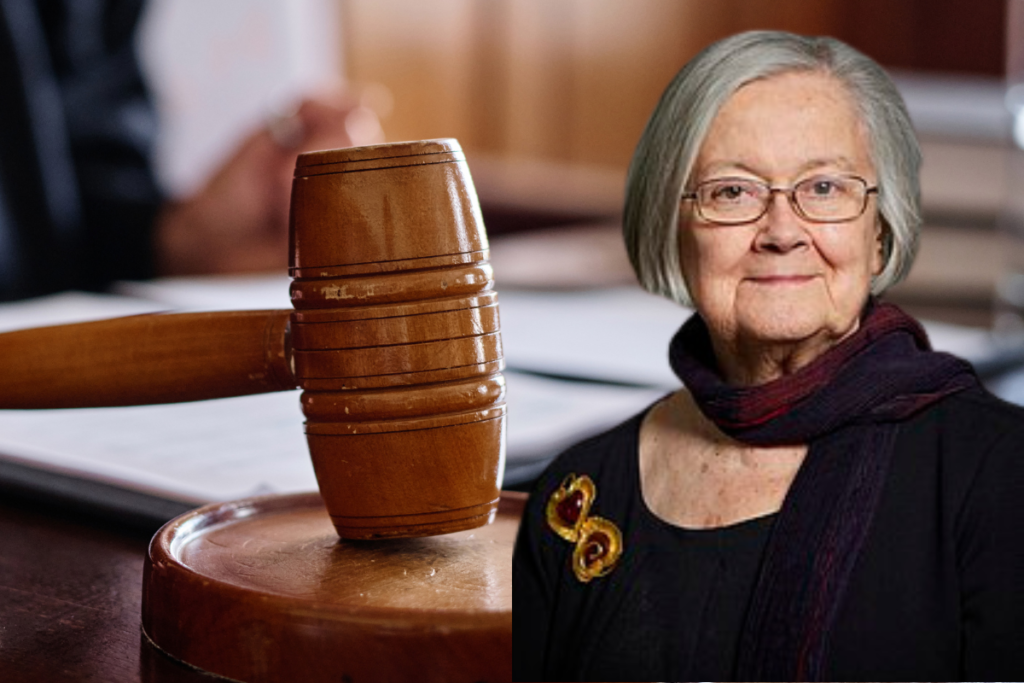As the United Kingdom moves deeper into 2025, mounting concerns over the erosion of human rights have sparked national debate. With a series of legal challenges, controversial political decisions, and societal shifts, campaigners warn that the foundational principles of equality, dignity, and justice are facing unprecedented threats.
The government’s proposed changes to disability benefits have ignited a particularly fierce backlash. Plans to reform Personal Independence Payments (PIP) are projected to impact nearly 190,000 people in Wales alone, approximately 6% of the population. Analysts warn that these individuals could face income losses of up to 60%, pushing many into poverty and social isolation. The reforms, aimed at curbing costs, have been criticized as short-sighted and unjust, particularly as they target a group already struggling with financial and physical challenges. Welsh leaders have called for a regional impact assessment to fully understand the consequences, but the Department for Work and Pensions has so far refused, deepening frustration and calls for accountability.
At the same time, a rare and closely watched trial is being held in the UK’s Investigatory Powers Tribunal, where claims of British complicity in CIA-led torture programs are being examined. The cases involve Guantánamo detainees who allege UK intelligence agencies contributed to or enabled their mistreatment in the wake of 9/11. Human rights advocates argue this case represents a vital test of transparency and justice, questioning whether the UK was complicit in breaches of international law. The outcome could reshape public trust in the country’s intelligence services and their adherence to ethical conduct.
Meanwhile, remarks from senior political figures have stoked controversy over freedom of religious expression. A Conservative Party leader recently announced she would not speak to constituents wearing face coverings, including burqas, during surgeries. The policy has been slammed as discriminatory, with critics saying it alienates Muslim women and undermines the right to religious freedom. Legal experts warn that such stances risk violating equality laws unless backed by legitimate, proportionate reasoning.
Together, these developments reveal a country at a crossroads, where debates over security, identity, and fiscal policy intersect with the rights and dignity of individuals. As watchdogs and citizens continue to speak out, the UK faces a critical moment in defining the kind of society it aims to be.



